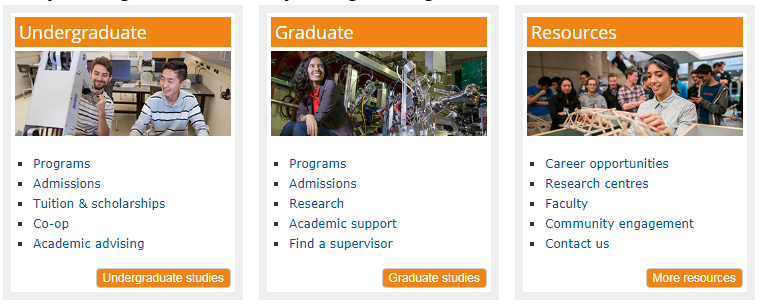
Thursday July 22, 2021 | VICTORIA, BC [Updated 8:45 pm]
by Jalen Codrington | Island Social Trends | Editor: Mary P Brooke, B.Sc.
As part of the effort to graduate more students from STEM programs, the University of Victoria’s (UVic) Engineering and Computer Science Building (ECS) will be expanded. The goal is to produce 125 more ECS graduates by 2023.
As well, a new High Bay Research and Structures Lab will include a 12-metre-high area to accommodate research and experiments in civil engineering. Construction is slated for 2022, with the two buildings ready for occupancy by 2024. (See project profile.)
The announcement was made today on campus outside the ECS building. The expansion will include two new green-technology teaching and laboratory facilities within a six-storey expansion to the current ECS building, which is situated in the south side of the spacious Saanich/Oak Bay campus.
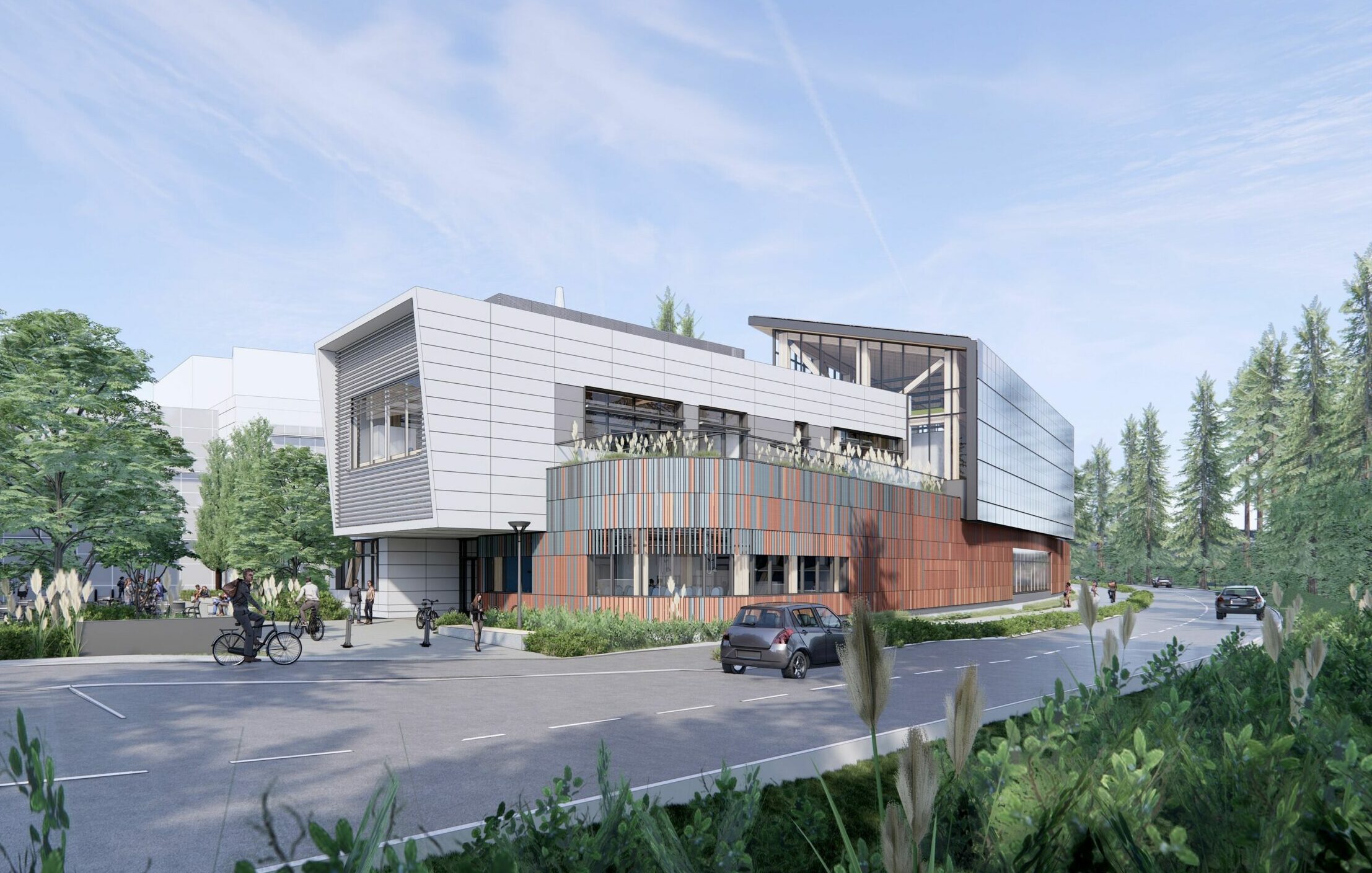
More seats, more grads:
The building expansion will provide 500 additional seats for students in STEM fields. Intake for the 500 new seats at UVic began in 2018-19 and will be completed by the 2022-23 academic year. This is part of government’s commitment to add 2,900 additional tech seats provincewide by 2022-23.
The UVic faculty of engineering and computer science currently accommodates approximately 3,000 undergraduates and 600 graduate students across seven streams of study.
Graduates of the future:
“We aim to graduate enterprising people with a social conscience and global perspective, and these new spaces will provide the facilities to nurture highly skilled professionals who will be technological leaders and enrich the local and regional workforce and economy for decades to come,” said University of Victoria President Kevin Hall.
The expansion project comes as a response to the growing demand for engineering and computer science training. Between 2011 and 2016, BC’s employment growth for high technology occupations was the highest in the country (11.7%), exceeding the national average (+3.8%).
Of the 74,393 tech-related job openings between 2019 and 2029, about 11,603 are expected to occur in the Vancouver Island/Coast region, and 53,836 in the Mainland/Southwest region.
BC Government leadership:
The $89.6 million ECS expansion project is being funded by $64.8 million from the Province, and $24.8 million from the university.
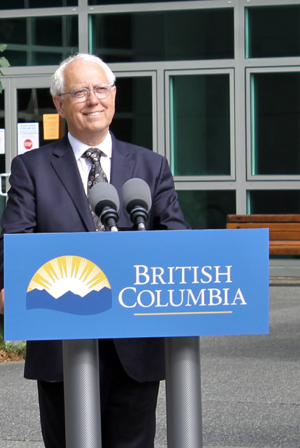
“Our government and UVic are responding to a clear demand for engineering and computer science programs, allowing people to learn where they live, while also welcoming new people to our community by providing increased capacity in these programs,” said Murray Rankin, MLA for Oak Bay-Gordon Head.
Now the Minister of Indigenous Relations and Reconciliation, Rankin was the federal Member of Parliament for Victoria until switching to provincial politics in 2020. He was also formerly a professor of environmental and administrative law at UVic. Rankin holds law degrees from both the University of Toronto and Harvard.
Yesterday Rankin called UVic “the best in the world.” (Bumping up Kevin Hall’s comment that UVic is the “best on the island.”)
Green buildings:
Both new structures are designed to achieve a net-zero carbon target, and will combine Passive House design featuring green roofs, rain gardens, and bioswales to filter water. The buildings will be at the forefront of green design, and will serve as a living lab for experiential learning, research, health-care solutions, and tackling climate change, the university said.
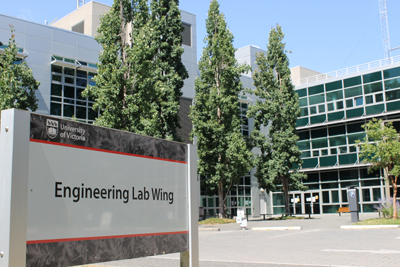
The six-storey, 6,288 square-metre structure will be built to target LEED Gold V4 certification, and include mass timber construction.
Comments from dean & student leadership:
There was significant public input on the ECS expansion during 2020. Today’s announcement also included comments from the ECS Dean and ECS student president. (See December 2020 Engagement Summary)
Mina Hoorfar, Dean of UVic’s Department of Engineering and Computer Science said, “This new space will accelerate UVic’s research discoveries and attract top-tier international scholars and researchers. These landmark buildings will provide a dynamic environment for the training of future engineers and computer scientists. We plan to strengthen Victoria as technology hub by attracting more top talent to UVic and helping position this region as a global centre of excellence.”
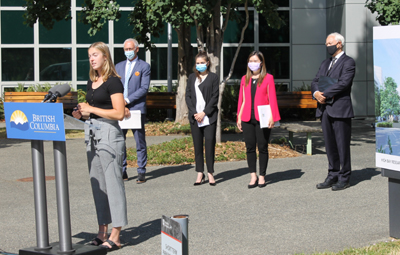
Jessica Hubbs, civil engineering student, and president of the Engineering Students’ Society said, “These new buildings will have such a positive impact on engineering and computer science students at UVic, as well as the wider community. Not only will they provide much-needed space where students can prepare to become future professionals and leaders, they’ll also act as inspiring real-world examples of the lessons we’re taught in class about green building design.”
Local economic impact during construction:
The project is anticipated to generate approximately 600 jobs in construction and the supplier industry.
New spaces, more tech grads:
The BC government is directly investing $1.7 billion in planned capital expenses in the post-secondary sector to 2023-24.
A 2018 budget announcement invested $42 million for 2,900 additional tech program seats by 2022-23 across the public post-secondary system.



